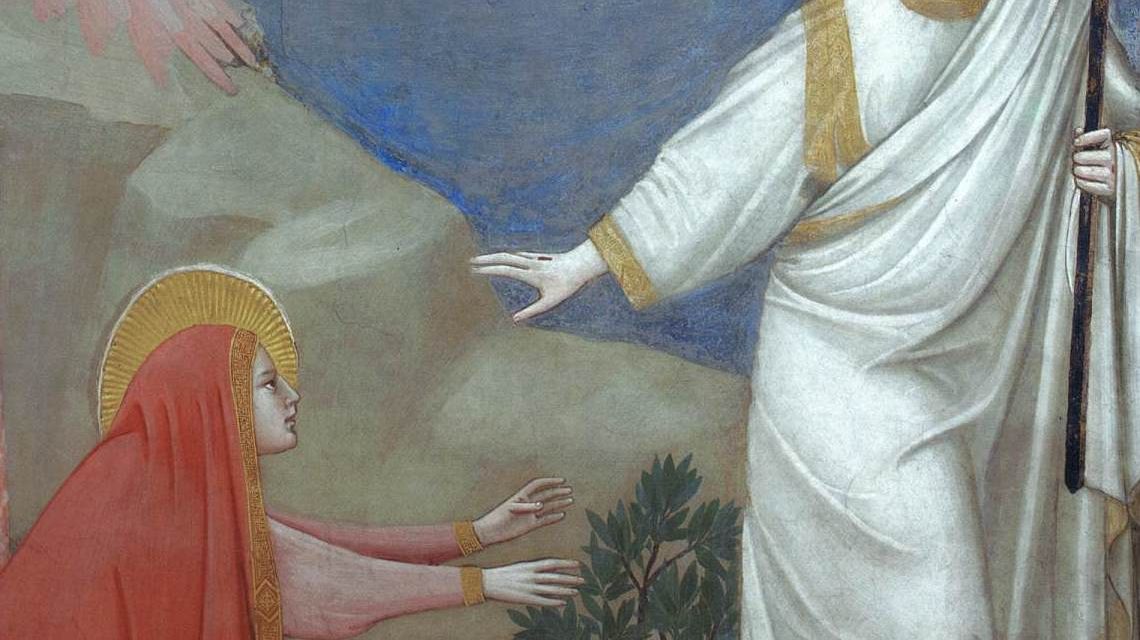Writing (MA)

About
Since its very inception, writing has been a form which has allowed both distance and proximity; when a letter offers a necessary intimacy, the ability to be apart from the one sharing it becomes all the more possible. Perhaps this is why writing seems especially suited to this ongoing moment, during which time our desire for closeness has been matched, on occasion, only by our fearfulness of it.
To learn together, those moments when uncertainty turns in on itself, is an extraordinary privilege, and one which we have shared with this group of writers over the past couple of years. Their time with us on the programme was spent entirely online, and yet when I say that there are those of them I am still to meet, to what extent is this true? In the most straightforward way, yes, but what is also true is that these are writers who have been met in way perhaps more important, and often.
‘If I’m certain about anything at all, it’s that freedom is a shared endeavour, a collaboration built by many hands over many centuries of time, a labour which every single living person can choose to hinder or advance,’ writes Olivia Laing toward the end of her most recent book, Everyone. ‘It is possible to remake the world. What you cannot do is assume that any change is permanent. Everything can be undone, and every victory must be refought.’
This is these writers’ ambition, and it is their achievement, too.
— Jeremy Millar, Head of Programme, MA Writing
Olivia Laing will be in conversation with MA Writing tutor Emily LaBarge about her latest book Everyone (2021) in an online event on 30 June 2022, at 18.00. Sign up on the event page via here.
Twitter: @RCA_Writing
Online shop of MA Writing publications
Apply to study on the MA Writing programme
Image credit: Giotto, Resurrezione e Noli me tangere (1303–5), Cappella degli Scrovegni, Padova